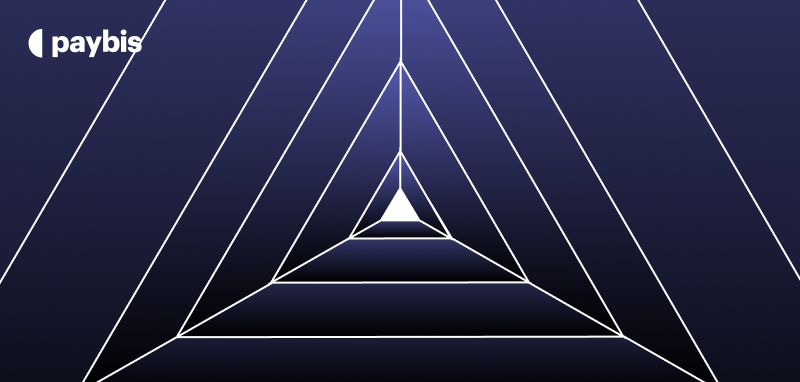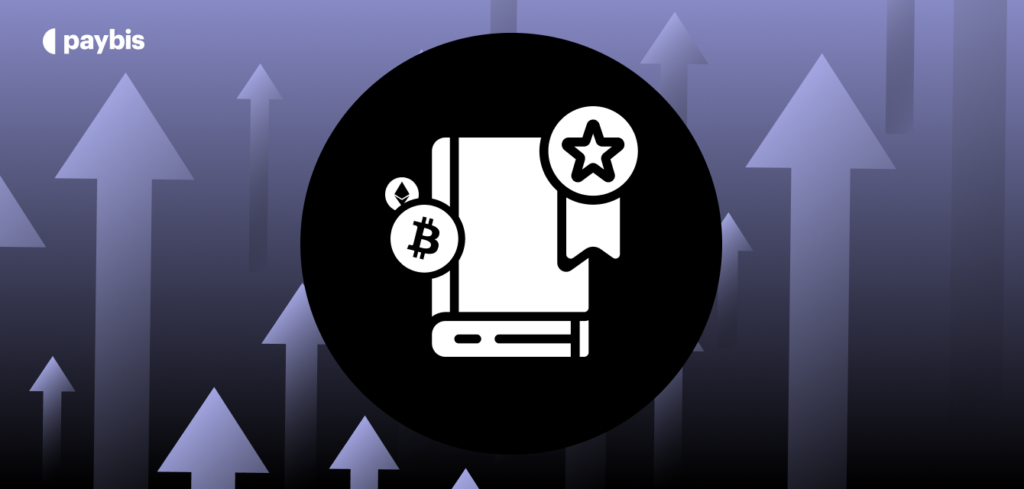Token
A token is a digital unit of value issued on a blockchain, representing assets, rights, or access. Tokens are used in various applications, such as cryptocurrencies, utility tokens, and security tokens, facilitating transactions and smart contracts. They provide safe and transparent methods to handle digital assets and execute agreements using blockchain technology.
This article explores the nature of tokens, their importance, how they work, and their various applications in the modern digital landscape.
Table of contents
What is a Token
Tokens are digital assets created on the blockchain. It can denote ownership, access privileges, or utility within a given project. Tokens are used for a number of purposes, including cryptocurrencies and decentralized applications (DApps). The token meaning includes facilitating secure and transparent transactions.
Tokens come in different forms:
- Utility Tokens: Provide access to a product or service.
- Security Tokens: Represent ownership in an asset or company.
- Cryptocurrencies: Like Bitcoin and Ethereum, they are used as digital money.
Tokens work via smart contracts. These are self-executing contracts with terms included right into the code. Because smart contracts automate procedures, fewer middlemen are needed and productivity rises.
Protocols control the creation and management of tokens. Within the blockchain environment, these protocols guarantee uniformity, security, and interoperability.
Why are they Important
For various reasons, tokens are essential to the digital economy:
- Decentralization: By supporting decentralized networks, tokens reduce the need for intermediaries.
- Liquidity: They provide liquidity in digital and physical assets.
- Programmability: Smart contracts automate processes, increasing efficiency.
- Transparency: Blockchain ensures all transactions are transparent and immutable.
Tokens facilitate secure and efficient transactions. They drive innovation in finance, gaming, and supply chain management. Their versatility makes them foundational for the future of digital interactions.
How Do Tokens Work
Tokens operate through a series of well-defined steps on a blockchain. Understanding these steps helps grasp the efficiency and security they offer.
Step 1: Token Creation
Token generation begins with a procedure known as tokenization. This entails transforming assets or rights into digital tokens. Developers develop tokens using blockchain systems such as Ethereum. They create smart contracts, which are self-executing agreements with provisions that are directly programmed.
Following the execution of these smart contracts, tokens are issued. Each token follows ERC-20 or ERC-721 standards, which ensures blockchain compatibility and operation.
Step 2: Token Distribution
Tokens are handed to users when they are produced. Direct sales, airdrops, and initial coin offers (ICOs) are all options for doing this. ICOs allow investors to fund projects by purchasing tokens, which they later get as proof of investment.
Tokens are given out for free via airdrops, frequently in support of a project. Tokens are sold directly to consumers via exchanges. These techniques guarantee that tokens effectively reach the appropriate recipient.
Step 3: Token Utilization
Users can now utilize their tokens. Tokens can be used for various purposes, depending on their type. Utility tokens grant access to a service or product. Security tokens represent investment and can generate dividends.
Cryptocurrencies like Bitcoin can be used as digital money. Tokens facilitate transactions, voting, or accessing specific features in decentralized applications (DApps).
Step 4: Token Management
Token management involves ongoing monitoring and regulation. Smart contracts ensure the correct execution of transactions. They automate processes, reducing human error and enhancing efficiency.
Blockchain protocols maintain the integrity and security of tokens. They standardize token operations, ensuring they work seamlessly within the blockchain ecosystem. Users can track token transactions transparently, thanks to the immutable nature of blockchain.
Useful links
Tokens find application in several sectors:
- Finance: Tokens make applications for decentralized finance (DeFi), asset tokenization, and digital currencies possible.
- Gaming: You may buy virtual products and services using in-game tokens.
- Supply Chain: Tokens guarantee openness and genuineness by tracking the origin and movement of products.
- Identity Verification: Tokens are used for access control and safe digital identities.
- Voting: Tokens can replace voting rights in various governance models, including decentralized autonomous organizations (DAOs).
These applications demonstrate how tokens might grow in the future and be applied in a range of sectors.
Conclusion
Tokens are digital assets created using blockchain technology. They indicate ownership, access rights, or utility within a project. Tokens are essential for cryptocurrencies, DApps, and smart contracts. They allow transactions that are safe, efficient, and transparent. Tokens provide decentralization, liquidity, and process automation via smart contracts. Their adaptability makes them essential for the future of digital interactions and the digital economy.
FAQ
What is a blockchain token?
A blockchain token is a digital asset that in a blockchain-based project denotes ownership, access rights, or utility.
What distinguishes utility tokens from other tokens?
In contrast to security tokens, which represent ownership, utility tokens allow access to a certain product or service inside a blockchain enterprise.
How are security tokens utilized?
Security tokens signify ownership in an asset or firm and may include dividends or profit-sharing perks.
Why are tokens essential in blockchain technology?
Tokens enable safe, efficient, and transparent transactions, as well as decentralization and process automation via smart contracts.
Disclaimer: Don’t invest unless you’re prepared to lose all the money you invest. This is a high‑risk investment and you should not expect to be protected if something goes wrong. Take 2 mins to learn more at: https://go.payb.is/FCA-Info


